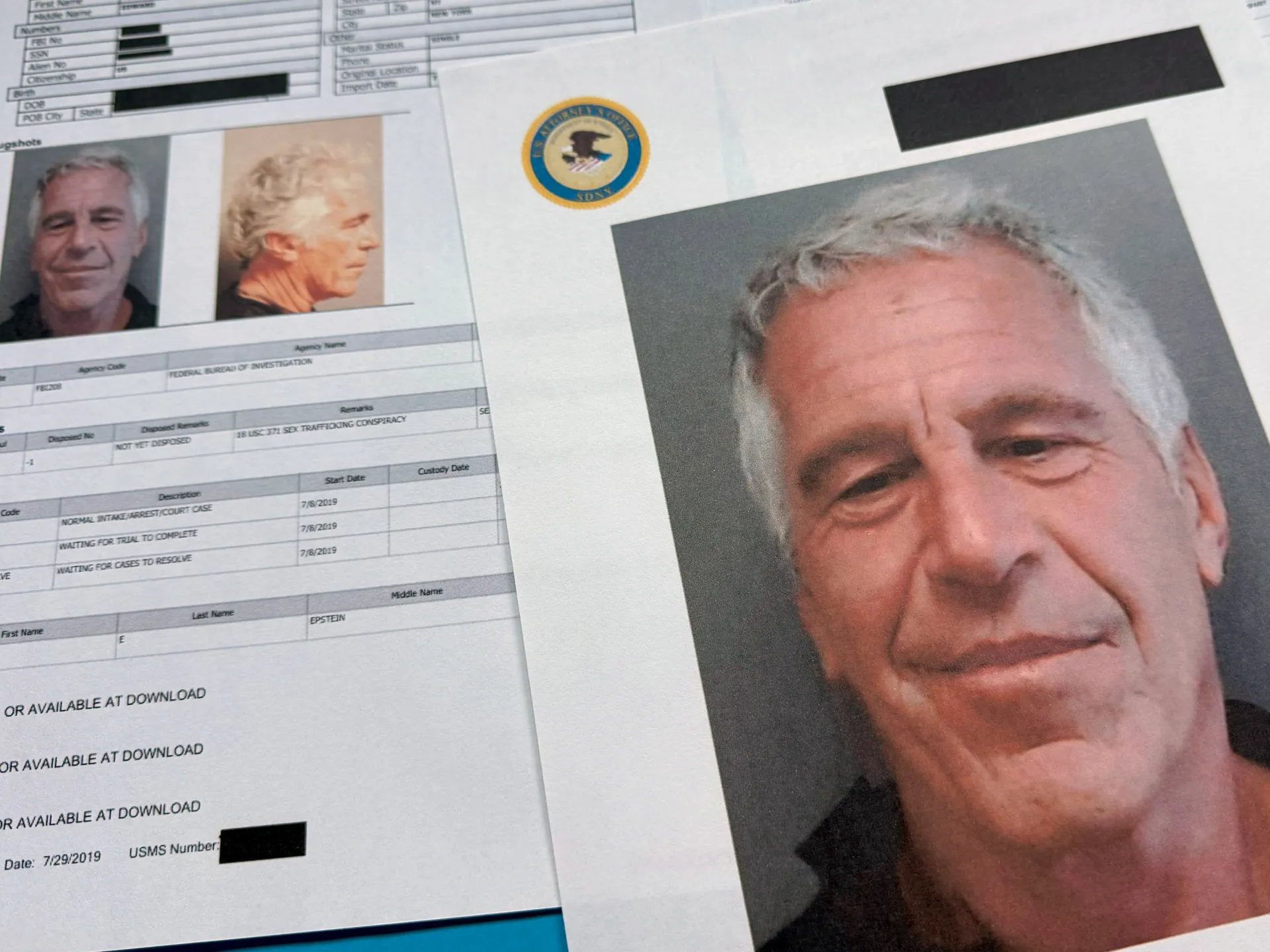UN panel says Epstein abuses may constitute ‘crimes against humanity’ | United Nations News
Experts say newly recently released documents show the need for an independent investigation into Epstein’s sex-trafficking ring.
A group of United Nations experts have suggested that abuses carried out by convicted sex offender Jeffrey Epstein could meet the definition of crimes against humanity.
On Tuesday, the independent experts appointed by the UN Human Rights Council (UNHRC) released a statement in response to the millions of files released by the United States government related to criminal investigations into Epstein.
Recommended Stories
list of 3 itemsend of list
They explained that the records tell a story of dehumanisation, racism and corruption.
“So grave is the scale, nature, systematic character, and transnational reach of these atrocities against women and girls, that a number of them may reasonably meet the legal threshold of crimes against humanity,” the experts wrote.
The UNHRC panel called for an investigation into allegations around Epstein and his associates, who include prominent figures in global politics, business, science and culture.
They added that the revelations from the files suggest a “global criminal enterprise”.
“All the allegations contained in the ‘Epstein Files’ are egregious in nature and require independent, thorough, and impartial investigation, as well as inquiries to determine how such crimes could have taken place for so long,” the experts said.
The latest condemnation follows the January 30 release of 3.5 million pages of files from the US government’s records on Epstein.
The files were required to be released as part of the Epstein Files Transparency Act, a bipartisan piece of legislation signed into law in November.
The act gave the US government 30 days to publish all of its Epstein-related documents in a searchable format, obscuring information only to protect victims’ privacy.
But the 30-day deadline came and went, with only a partial release of the files. Even the January 30 publication has been criticised as incomplete, with reports indicating that there could be more than 6 million files in the government’s possession.
The newly released documents have revealed new details about Epstein’s relationships with influential figures, but few have faced accountability.
Critics have argued that Epstein himself faced scant legal consequences for the sex crimes he perpetuated. He reached a plea deal in Florida in 2008, wherein he pleaded guilty to soliciting a child for prostitution and sex trafficking, but he only served 13 months in custody.
He was in jail in 2019, facing federal charges, when he died by suicide in his cell.
Epstein’s ex-girlfriend, Ghislaine Maxwell, has been sentenced to more than 20 years for her role in the sex trafficking scheme.
In Tuesday’s statement, the experts on the UN panel slammed the heavy redactions in the Epstein files that appear to shield the identities of powerful figures.
“The reluctance to fully disclose information or broaden investigations, has left many survivors feeling retraumatized and subjected to what they describe as ‘institutional gaslighting’,” the UN experts said.
Their criticism echoes similar accusations in the US. Lawmakers there have argued that the administration of President Donald Trump, a former friend of Epstein, has defied the November law by redacting documents beyond the guidelines set out by Congress.
The experts also noted that there appeared to be “botched redactions that exposed sensitive victim information”. They added that more must be done to ensure justice for the survivors.
“Any suggestion that it is time to move on from the ‘Epstein files’ is unacceptable. It represents a failure of responsibility towards victims,” they said.


